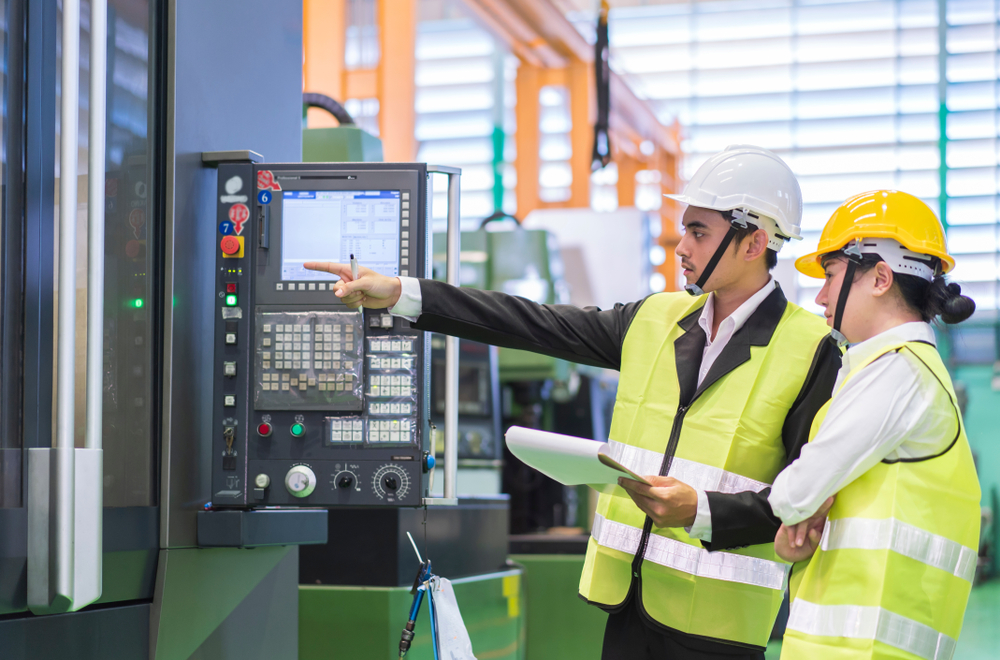

This course emphasizes the design principles, operational aspects, all major components, performance evaluation, and the latest technological developments and applications of internal combustion engine system.
| City | Start Date | End Date | Fees | Register | Enquire | Download |
|---|---|---|---|---|---|---|
| Bali | 23-06-2025 | 27-06-2025 | 4950 $ | Register | Enquire | |
| Madrid | 07-07-2025 | 11-07-2025 | 6200 $ | Register | Enquire | |
| Prague | 14-07-2025 | 18-07-2025 | 6200 $ | Register | Enquire | |
| Istanbul | 21-07-2025 | 25-07-2025 | 4950 $ | Register | Enquire | |
| Cairo | 28-07-2025 | 01-08-2025 | 3950 $ | Register | Enquire | |
| Singapore | 04-08-2025 | 08-08-2025 | 5500 $ | Register | Enquire | |
| Dubai | 11-08-2025 | 15-08-2025 | 4300 $ | Register | Enquire | |
| Kuala Lumpur | 18-08-2025 | 22-08-2025 | 4950 $ | Register | Enquire | |
| Istanbul | 25-08-2025 | 29-08-2025 | 4950 $ | Register | Enquire | |
| Cairo | 01-09-2025 | 05-09-2025 | 3950 $ | Register | Enquire | |
| Kuala Lumpur | 08-09-2025 | 12-09-2025 | 4950 $ | Register | Enquire | |
| Casablanca | 15-09-2025 | 19-09-2025 | 4950 $ | Register | Enquire | |
| Dubai | 22-09-2025 | 26-09-2025 | 4300 $ | Register | Enquire | |
| Dubai | 06-10-2025 | 10-10-2025 | 4300 $ | Register | Enquire | |
| Casablanca | 13-10-2025 | 17-10-2025 | 4950 $ | Register | Enquire | |
| Madrid | 20-10-2025 | 24-10-2025 | 6200 $ | Register | Enquire | |
| Cairo | 27-10-2025 | 31-10-2025 | 3950 $ | Register | Enquire | |
| Casablanca | 03-11-2025 | 07-11-2025 | 4950 $ | Register | Enquire | |
| Manama | 10-11-2025 | 14-11-2025 | 4400 $ | Register | Enquire | |
| Paris | 17-11-2025 | 21-11-2025 | 6200 $ | Register | Enquire | |
| Kuala Lumpur | 24-11-2025 | 28-11-2025 | 4950 $ | Register | Enquire | |
| Kuala Lumpur | 01-12-2025 | 05-12-2025 | 4950 $ | Register | Enquire | |
| Amsterdam | 08-12-2025 | 12-12-2025 | 6200 $ | Register | Enquire | |
| Manama | 15-12-2025 | 19-12-2025 | 4400 $ | Register | Enquire | |
| London | 29-12-2025 | 02-01-2026 | 6200 $ | Register | Enquire |
This Internal Combustion Engines (ICE) program provides participants with a comprehensive understanding of the operating principles of various internal combustion engines, including those used in electrical power generators, gas turbines in power plants, aircraft engines, and automobiles. The course covers key aspects such as materials, design principles, and selection criteria.
The program emphasizes the technological definitions, efficiency, and functionality of internal combustion engines, offering a socio-technical perspective in today’s modern world.
Designed for individuals seeking an extensive intellectual viewpoint on ICEs, this course is ideal for engineers, scientists, technicians, and professionals who aspire to gain advanced knowledge in this field.
Upon completion of the Internal Combustion Engines (ICE) course, participants will be able to:
Unit 1: The Development and Fundamentals of Internal Combustion Engines
Unit 2: Types, Components, and Workings of Internal Combustion Engines
Unit 3: Applications and Performance Optimization in ICE
Unit 4: Monitoring the Benefits and Impact of Internal Combustion Engines
Unit 5: Safety, Maintenance, and Risks Associated with Internal Combustion Engines
Throughout this internal combustion engine course, participants will develop both fundamental and advanced knowledge of ICEs, understanding their significance, advantages, and relevance in modern applications. The course combines theoretical studies with practical exercises, ensuring participants gain a well-rounded comprehension of ICE training and its real-world applications.



















